

The International Confucian Association (ICA) and the International Islamic University Malaysia (IIUM) co-hosted the Islam-Confucianism Civilizational Dialogue in Kuala Lumpur on June 16.
Themed on cultural exchanges between Confucianism and Islamic civilization, the event gathered nearly 100 scholars and experts to engage in in-depth academic exchange and cross-cultural dialogue.
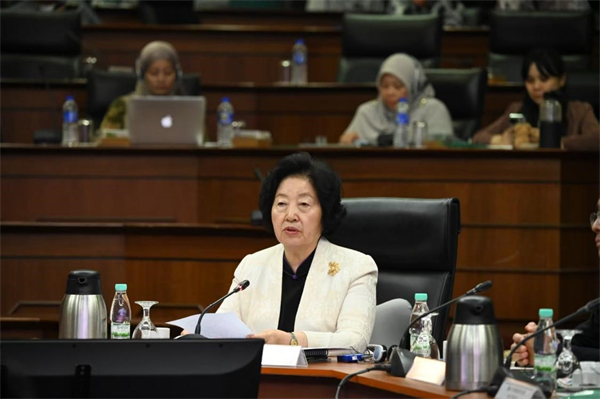
Sun Chunlan, president of the ICA, stated in her address at the event that the leaders of China and Malaysia have demonstrated strategic foresight in actively promoting bilateral relations and dialogue between civilizations. She noted that the signing of a memorandum of understanding (MoU) by the ICA and the IIUM on cooperation in civilizational dialogue in April 2024 injected strong momentum into the exchanges between Confucianism and Islam. She emphasized that this dialogue is both a vivid practice of the Global Civilization Initiative and a concrete step toward implementing the consensus reached by the two countries' leaders.
She highlighted the long-standing history of exchanges between Confucian culture and Islamic civilization and underscored the importance of dialogue in addressing global challenges, enhancing South-South cooperation, and promoting peace and development. She expressed hope that both sides would deepen theoretical exploration of values, philosophies, and common ground between the two civilizations, share best practices, and jointly build a sustainable mechanism for long-term dialogue and cooperation.

Speaking on behalf of Prime Minister Anwar Ibrahim of Malaysia, Wan Azizah Wan Ismail, former deputy prime minister of Malaysia and wife of Anwar Ibrahim, welcomed the ICA delegation. She highlighted the profound cultural connections between the civilizations of Malaysia and China, emphasizing shared values such as ethics, self-cultivation, family and respect for knowledge. She invoked the legacies of Zheng He, a renowned Chinese navigator, and Ibn Battuta, a famed Moroccan traveler, as symbols of peaceful cultural connectivity, and called for dialogue to serve as a pathway to resolving conflicts and fostering collaborative efforts rooted in shared values for a harmonious future.
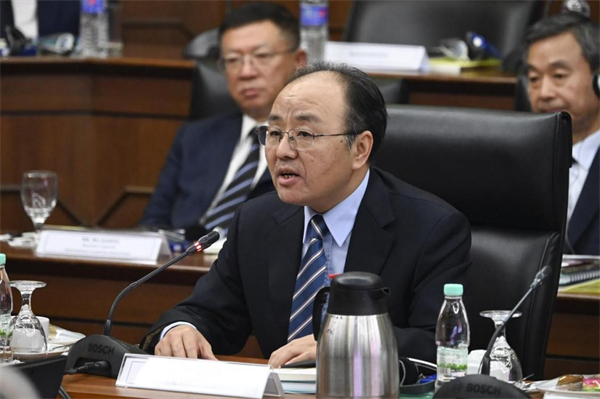
Chinese Ambassador to Malaysia Ouyang Yujing underscored China and Malaysia as a model of exchanges and mutual learning between Confucian and Islamic civilizations. He commended the growing cultural cooperation between the two countries and reaffirmed China's commitment to working with all partners in advancing intercultural dialogue and building a community with a shared future for mankind.
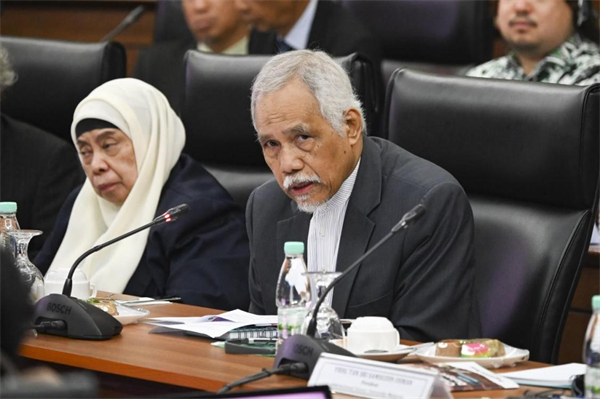
Osman Bakar, rector of the IIUM, welcomed the ICA delegation and other participating scholars, describing the event as a follow-up to the MoU with historic significance. He expressed the IIUM's readiness to serve as an active platform to promote the dialogue between Confucian and Islamic cultures, and its hope for future collaboration with the ICA in the field.
During the academic exchange session, eight scholars from China, Malaysia, and Singapore with expertise in Confucian studies, Islamic thought, comparative religion, and cross-cultural dialogue engaged in in-depth discussions.
The scholars spoke highly of recent international initiatives promoting cultural dialogue and shared values. Drawing on years of research, they explored the commonalities between Confucianism and Islamic civilization, revisiting historical experiences such as the "integration of Islam and Confucianism" and "dialogues between Hui Muslims and Confucian scholars." From multiple perspectives, they examined how to deepen Confucianism-Islam civilizational dialogue and promote values shared by all humanity, reaching a series of academic consensuses.
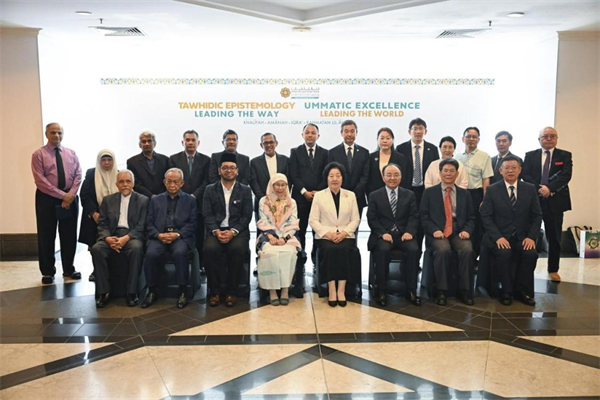
Prior to the forum, Sun met with participating experts and guests for a group photo session.
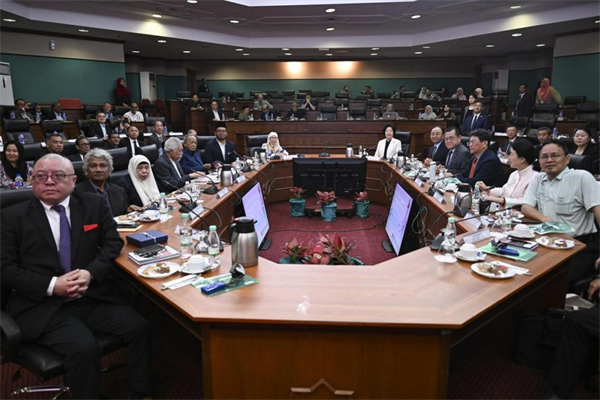
Zulkifli Hasan, deputy minister in the Prime Minister's Department in charge of religious affairs of Malaysia; Tan Sri Samsudin Osman, chairman of the IIUM Board of Governors; and Ong Tee Keat, the ICA's vice council chair, also attended the event.

